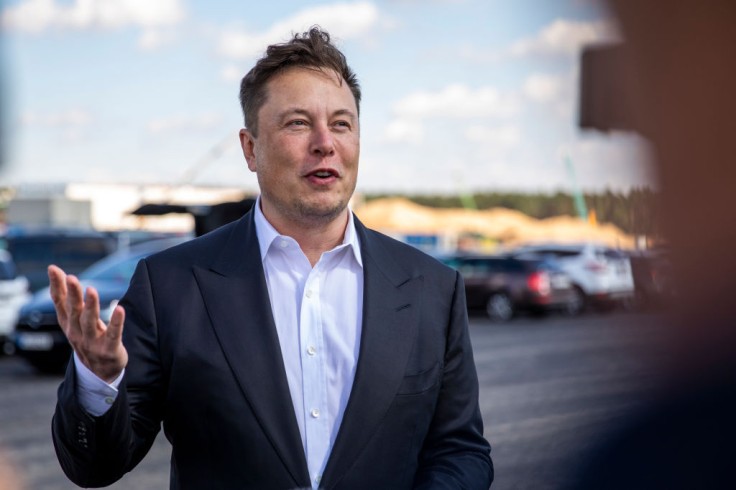
SpaceX founder and CEO Elon Musk has once again stated his growing concern about the massive decline in the global population.
Musk stated that it isn't just the population decrease that he is worried about, but at the same time a population extinction due to the expansion of the sun.
According to Express, the most notable mass extinction experienced on Earth was the 66 million-year-old asteroid that took off the dinosaurs, from the five mass extinction events the Earth has experienced.
As a result of the asteroid collision, 76% of the world's species were wiped off.
The asteroid's destruction was unprecedented.
Elon Musk on Mass Extinction
The disturbing new study that indicated the Earth is in the midst of its sixth mass extinction enraged the CEO of Tesla and SpaceX, Elon Musk, which made him turn to social media to express his views on the recent problem.
He shared his take with this recent study to his more than 70.6 million followers on Twitter as he thinks there is a way to avert the extinction of the human species.
Musk Tweeted, "There is a 100 [percent] chance of *all* species extinction due to expansion of the sun unless humanity makes life multi-planetary."
The CEO wants people to feel the weighing seriousness of the drastic decrease in birth rate, hoping to encourage other people to take action on it.
Following a general decline in birth rate amid the pandemic, the entrepreneur shared his worries in a series of tweets on Wednesday, Jan. 19.
In the US, the country's lowest number of births since 1979 was experienced during 2019 to 2020, the birth rate fell 4%.
People on Mars
Following a general fall in birthrate amid the pandemic, the CEO is also worried that the drastic and continuous fall in the birth rate might affect the future population on Mars.
We should be much more worried about population collapse
— Elon Musk (@elonmusk) January 18, 2022
With that, the entrepreneur expressed his concerns in a series of tweets on Wednesday, Jan.19.
Musk, the creator and CEO of the space exploration business SpaceX, wants to establish a human colony on Mars.
In a recent podcast, he stated that SpaceX's Starship rocket will land humans on the planet in five to ten years.
However, he claims that if the population catastrophe continues, there will not be enough people to populate Mars.
If there aren’t enough people for Earth, then there definitely won’t be enough for Mars ☹️
— Elon Musk (@elonmusk) January 18, 2022
Mass Extinction
The study was led by biologists from the University of Hawai'i at Manoa and the Museum National d'Histoire Naturelle in Paris, France, and published in Biological Reviews.
Recalling that the five previous extinctions of biodiversity were caused by natural phenomena,
Experts warn that the sixth mass extinction is already underway and has been caused entirely by human beings and their activities
Macra reported that the lead author of the study and research professor at the UH Manoa Pacific Biosciences Research Center in the School of Ocean and Earth Science and Technology (SOEST), stated that "Including invertebrates was critical in establishing that we are truly witnessing the onset of the Sixth Mass Extinction in Earth's history.
Unfortunately, 7.5% and 13% of its two million known species have already been lost to extinction on Earth since the year 1500,
Falling Birth Rate
Since 1960s, there has been a consistent downward trend experienced in the global birthrate as reported by World Bank.
According to Business Insider, a market research firm on the World Economic Forum website, CEO of Ipsos, Darrell Bricker, stated that the Economic uncertainties the COVID-19 pandemic brought contributed massively to the downward trend of birthrates.
The falling birthrate isn't just experienced in the US, the phenomenon is also seen in China and India, which are two of the most populous countries in the world.
The birth rate in China dropped to a record low of 7.52 births per 1,000 people in 2021 as recorded by China's Department of Statistics.
This happened despite the country permitting couples to have up to three children and scrapping up its decades-old one-child policy in 2016.
In addition to that, as reported by the Times of India, India's fertility rate fell below a critical replacement level last year.









